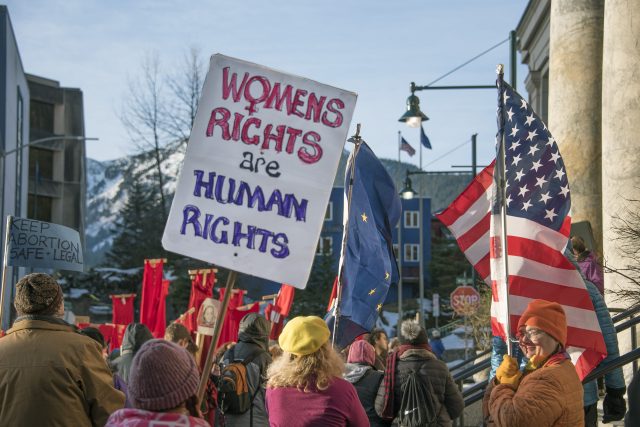According to a UN Development Program (UNDP) report released on Monday, the level of bias against women remains unchanged over the last decade. According to the Gender Social Norms Index (GSNI) survey, nine out of ten persons have prejudices towards women. In countries with lower and higher economic, health and social disparity scores, these biases are more prominent and span nearly all societal dimensions.As per the report, “Gender social norms profoundly shape attitudes, social relationships and power dynamics, so they matter a great deal for upholding (or addressing) injustice, as well as for shaping agency.”A number of initiatives to reduce gender inequality and promote women’s rights, including feminist movements like Ni Una Menos and Me Too, have had a significant role in bringing about social and policy changes in Argentina and the US, respectively. Last year’s Mahsa Amini protests in Iran are yet another example. The second GSNI study, however, shows that these efforts have mostly remained futile.The study also addressed the consequences of prejudiced gender norms. These restrictions include those on women’s freedoms and choices, as well as restrictions on their economic emancipation. Furthermore, discriminatory social norms deter women from holding leadership roles. This is true even though most nations have eliminated overt obstacles to holding political office. According to the report, women are significantly underrepresented in positions of power worldwide.Another effect of biases against women is gender violence, according to the study. Sexual assault, as well as other forms of violence, are inextricably linked to gender prejudices that involve the social or physical domination of women. According to the report, 25 percent of the global population feels that a man has the right to abuse his wife. 26 percent of women have also been victims of abuse from a partner. The entrenchment of such discriminatory practices prevents support and may deter women from pursuing remedies.The report also draws attention to the broken connection between women’s educational advancement and economic empowerment. According to the survey, the average gender income disparity remains 39 percent in favor of men. This is true despite the fact that women are getting more educated and skilled. The issue becomes all the more pressing in countries such as Afghanistan, where women’s access to education has been continually rolled back since the Taliban took power.Nevertheless, the analysis found a rise in the proportion of people who lack bias in 27 of the 38 countries it examined. The UNDP urged governments to implement progressive measures that change prevailing societal norms. These regulations include those governing parental leave, labor market changes and the acknowledgement of the unrecognized economic benefit of caregiving.




The Most Read
Сryptocurrencies
Bitcoin and Altcoins Trading Near Make-or-Break Levels
Financial crimes
Thieves targeted crypto execs and threatened their families in wide-ranging scheme
Financial crimes
Visa Warning: Hackers Ramp Up Card Stealing Attacks At Gas Stations
News
Capitalism is having an identity crisis – but it is still the best system
Uncategorized
The 73-year-old Vietnamese refugee is responsible for bringing Sriracha to American consumers
Uncategorized
Electric Truckmaker Rivian, Backed By Amazon, Ford, Raises Whopping $1.3 Billion